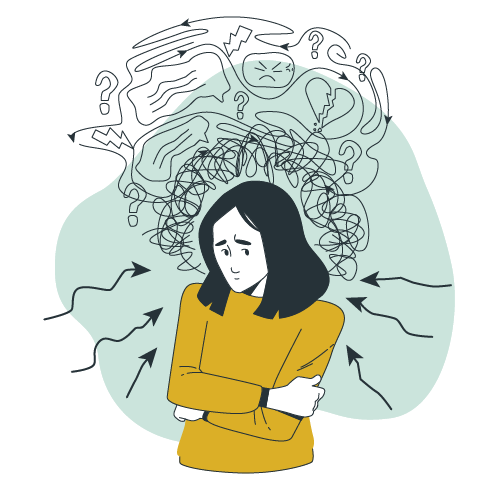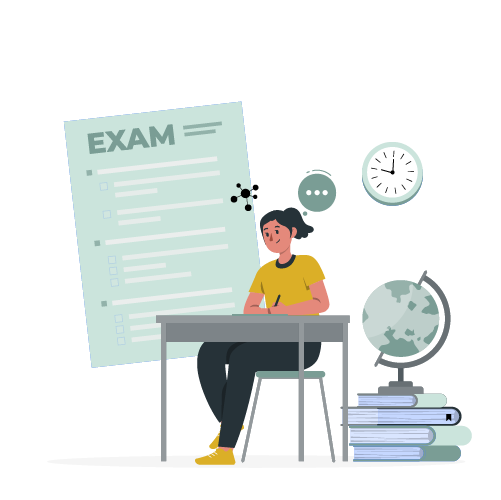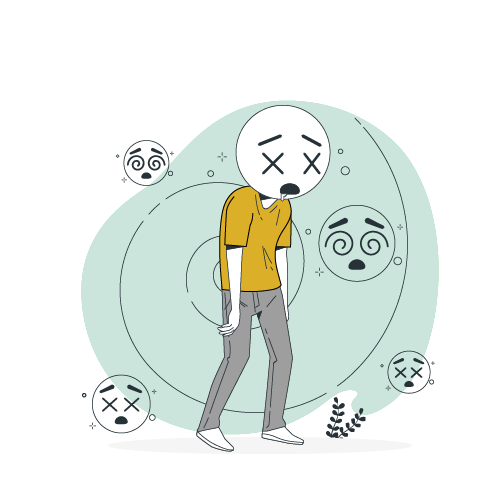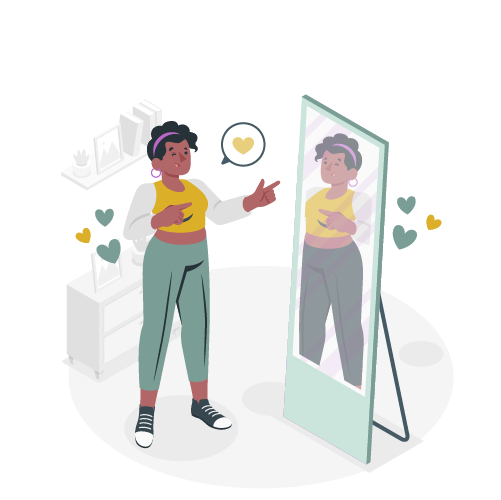THERAPY FOR TEENS
The teenage years are a rollercoaster of emotions, social pressures, and academic demands. It’s no surprise that many teens struggle with stress, anxiety, and depression. Therapy can be a crucial tool to learn to cope with mental health challenges, support well-being, increase self-esteem, and build resilience.
Understanding the Teen Brain
The teenage years are a complex mosaic of self-discovery, identity formation, and emotional volatility. The teen brain undergoes substantial remodeling, particularly in the part of the brain responsible for decision-making and emotional regulation. This neurological restructuring, joined with hormonal change, can manifest as mood swings, impulsivity, and heightened sensitivity. Therapy provides a safe space for teens to explore and understand their emotions, fostering a sense of self-awareness crucial for navigating these tumultuous waters.

Attending to Anxiety and Depression Early
The prevalence of anxiety and depression among teens is a growing concern. One in ten teens globally copes with anxiety, while 16% face depression, with rates rising, especially among girls. Teen anxiety may manifest as excessive worry, avoidance, and physical tension, while depression brings sadness, isolation, and a loss of interest. Both often impact sleep, appetite, and schoolwork. Numerous studies have demonstrated the efficacy of therapy in preventing and mitigating these mental health challenges. Therapeutic interventions, such as Cognitive-Behavioral Therapy (CBT), provide teens with tools to challenge negative thought patterns, manage stressors, and build a foundation for emotional well-being (Kazdin, Hofmann, & Weissman, 2013). Addressing these concerns early through therapy has been shown to significantly reduce the risk of developing persistent mental health issues.

Emotional Resilience
One of the primary benefits of therapy for teens lies in the cultivation of emotional resilience. Adolescents often face a range of stressors, such as academic pressures, social media, peer relationships, and family dynamics. Scientific studies highlight that teens who engage in therapy develop stronger coping mechanisms, reducing the likelihood of succumbing to chronic stressors that may contribute to mental health issues later in life (American Psychological Association, 2022). The ability to navigate challenges with resilience is a lifelong skill instilled through therapeutic interventions.

Academic Success
The link between mental health and academic performance is well-established (Brännlund, Strandh, & Nilsson, 2017). Teens grappling with untreated mental health issues may find it challenging to concentrate, engage in learning, and perform academically. Therapy offers a supportive environment for teens to address underlying issues affecting their academic success. By enhancing emotional regulation and coping mechanisms, therapy contributes to a conducive mindset for learning and achievement.

Healthy Relationship Dynamics
Navigating relationships is a pivotal aspect of adolescence. Therapy equips teens with the skills needed to establish and maintain healthy connections with peers and family members. By exploring communication patterns, addressing conflict resolution, and enhancing interpersonal skills, therapy fosters the development of meaningful relationships. This not only contributes to emotional well-being but also lays the groundwork for healthy adult relationships in the future.

Substance Abuse Prevention
Adolescence is a vulnerable period for experimentation, including substance use, such as alcohol, vaping, marijuana, and more. Therapy serves as a proactive measure in preventing and addressing substance abuse issues among teens. By addressing underlying emotional triggers, enhancing coping skills, and fostering a sense of self-worth, therapy acts as a protective factor against engaging in risky behaviors, including substance misuse.

Building Self-Esteem and Identity
Teenagers are in the process of discovering who they are and where they fit in the world. Therapy provides a supportive environment for exploring identity, values, and beliefs. By validating their experiences and offering guidance, therapists empower teens to build a positive self-image and self-esteem. This foundation is instrumental in navigating the challenges of adolescence with confidence and authenticity.
Take Away
In conclusion, the benefits of therapy for teens extend far beyond the immediate improvement of their mental health. Therapy helps teens learn coping mechanisms for stress, communication skills for healthy relationships, and strategies for managing difficult emotions. Although some teens may have apprehensions about therapy, a skilled and empathetic therapist will provide a non-judgmental environment where teens feel heard, understood, and comfortable working in partnership with their therapist.
If you believe you could benefit from therapy, consider reaching out to Bain Health and Wellness Center (BainHWC). We have therapists trained in evidence-based treatments who can help. BainHWC offers both in-person and virtual therapy options for adults dealing with anxiety, depression, ADHD, autism, trauma, OCD, and more. Contact us today to schedule a free 20-minute consultation. We’re eager to discuss your needs and support you.


